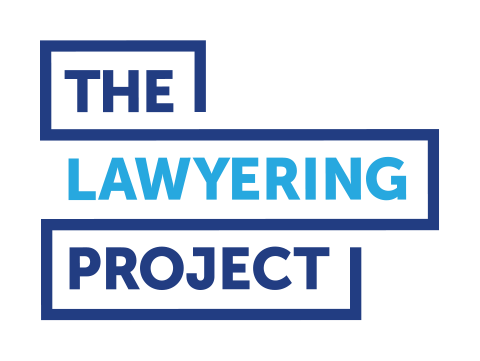Moyle v. United States / Idaho v. United States
(Case Nos. 23-726; 23-727 (U.S.))
Enacted in 1986, the Emergency Medical Treatment & Labor Act (“EMTALA”) is a federal statute that requires covered hospitals (those that receive Medicare funding and have an emergency department) to provide stabilizing treatment to all patients experiencing a medical emergency. Idaho currently has one of the most restrictive abortion bans in the country, with only narrow exceptions for certain life-threatening conditions and certain sexual assault survivors. After that ban took effect, the federal government filed a lawsuit against the state to clarify that, to the extent Idaho’s abortion ban conflicts with the obligations imposed on healthcare providers by EMTALA, EMTALA must prevail. In other words, when a pregnant patient in a hospital emergency department needs an emergency abortion and consents to that treatment, the hospital has an obligation to provide it, regardless of whether it is covered by an exception to Idaho’s abortion ban.
On March 27, 2024, the Lawyering Project submitted an amicus curiae brief to the Supreme Court on behalf of four physicians—Dr. Caitlin Bernard, Dr. Lauren Miller, Dr. Leilah Zahedi-Sprung, and Dr. Nikki Zite—who oppose Idaho’s efforts to deny abortion care to pregnant people experiencing medical emergencies. The brief describes how the inability to provide emergency abortion care to patients who want and need it would force the physicians to violate their professional ethical obligations as well as their sincerely held conscientious and religious beliefs, and would jeopardize their patients’ health and lives—all contrary to EMTALA’s intent.
On June 27, 2024, the Supreme Court reinstated a lower court order blocking Idaho’s abortion ban in the narrow circumstances where EMTALA applies, and sent the case back to the U.S. Court of Appeals for the Ninth Circuit without issuing a decision on the merits. Thus, it failed to settle the question of whether EMTALA preempts state laws that prohibit emergency abortion care, but the case may return to the Supreme Court in the future.
On October 22, 2024, the Lawyering Project submitted an amicus curiae brief to the Ninth Circuit on behalf of Drs. Bernard, Miller, Zahedi-Spung, and Zite, who continue to oppose Idaho’s efforts to deny abortion care to pregnant people experiencing medical emergencies.
Timeline and Key Documents:
April 24, 2024
The Supreme Court hears oral argument
January 5, 2024
The Supreme Court issues a stay of the preliminary injunction, allowing Idaho to enforce its abortion ban in cases of medical emergency, and grants certiorari before judgment, preventing the Ninth Circuit from issuing a decision on the merits
October 10, 2023
The Ninth Circuit en banc vacates the stay issued by the panel
September 28, 2023
A panel of the Ninth Circuit issues a stay of the preliminary injunction
August 24, 2023
The district court issues a preliminary injunction preventing Idaho from enforcing its abortion ban in cases where EMTALA would require emergency abortion care
August 2, 2023
The Department of Justice files this case on behalf of the United States
Related Media:
June 27, 2024

